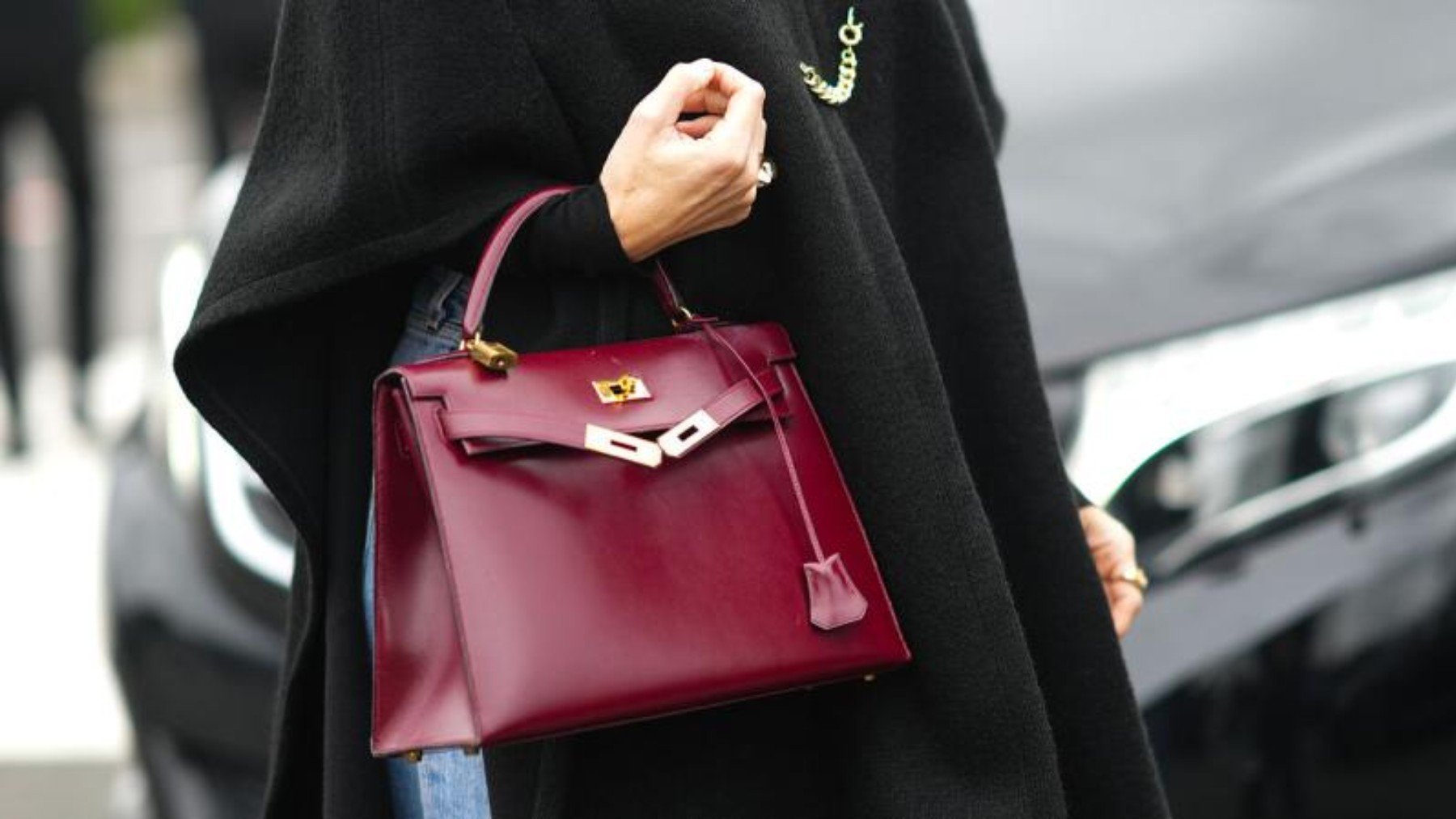As Avery White recounts in her testimony on VegOut, fashion has made us stop worrying about what people think of our outfit choices, and instead, it has made us the ones who scrutinize ourselves the most, reaching a point where we feel ashamed of being able or unable to afford the products and brands that we are supposed to wear in order to belong to one social class or another. In this way, the young woman describes her experience during a job interview, where what she thought was a good outfit choice ended up making her feel uncomfortable.
Thus, she explains how some brands are synonymous with belonging, while others represent a ‘want but cannot have’, which only the most privileged classes are able to identify.It refers to Michael Kors bags, cap sleeve blouses that you can find at Macy’s or JC Penney, which have been associated with being part of a uniform. It also talks about Pandora charm bracelets, which seem to be another controversial product, as well as the use of sportswear.
Choosing the design of your sunglasses is also quite a challenge, as brands like Coach or Kate Spade appear to be accessible, so they are not considered exclusive. Another issue is jewelry, where products from Charming Charlie or Target are a clear statement of wanting but not being able to, according to experts.Autumn puffer vests? Another problem.The most common ones are from brands like Old Navy or TJ Maxx, which are directly associated with a particular economic category.
Finally, there are the counterfeit brands like Vera Bradley, Louis Vuitton, or Burberry, which are practically in the limbo of acceptance. It seems that nowadays, belonging (or wanting to appear to belong) to a certain social status requires certain rules and especially, financial investment, which has nothing to do with the worth of a candidate in a job interview, as was the case with White, so perhaps we need to reassess these terms and, above all, what things we are accepting as valid.
Fashion as a language of social class
Attending a job interview was never so revealing for Avery White. After feeling judged for her choice of outfit, she understood that fashion is nothing but a language of belonging for certain social classes, and that for those of us who do not understand life from that perspective, or who do understand but cannot afford it, the rules are much more complicated.
This is why she conducted an analysis of products that, although at first sight may seem to help showcase a certain status, in reality, can end up revealing the exact opposite.
Michael Kors fashion
The vast majority of us have seen that brown bag with the MK logo all over its print. Well, this product seems to be a statement of intent to belong to a status that, thanks to the bag, shows that you can’t afford.
Cap sleeve blouses
They seem very elegant, but the truth is that they are directly related to the uniform of administrative staff and cashiers.
Pandora bracelets
Apparently, wearing a string of charms on your wrist has become something grating, with thin gold bracelets taking precedence over them.
Use of sportswear
For many, it’s about comfort or clothing meant for sports. For middle to upper-class women, it implies the luxury of having time to take care of themselves.
Design of sunglasses
While many people believe that displaying a prominently visible brand logo is a symbol of purchasing power, experts say that true luxury chooses anonymous excellence.
Jewelry
The same goes for wanting to complete an outfit with jewelry made of rhinestones or large pieces: it is a symbol of wanting to appear to be something one is not.
Padded vests
These are directly associated with a particular economic category, and are only worn by the upper social classes if they belong to certain brands.
Imitations fashion
Brands like Vera Bradley, Burberry, or Louis Vuitton are in a legal limbo.




